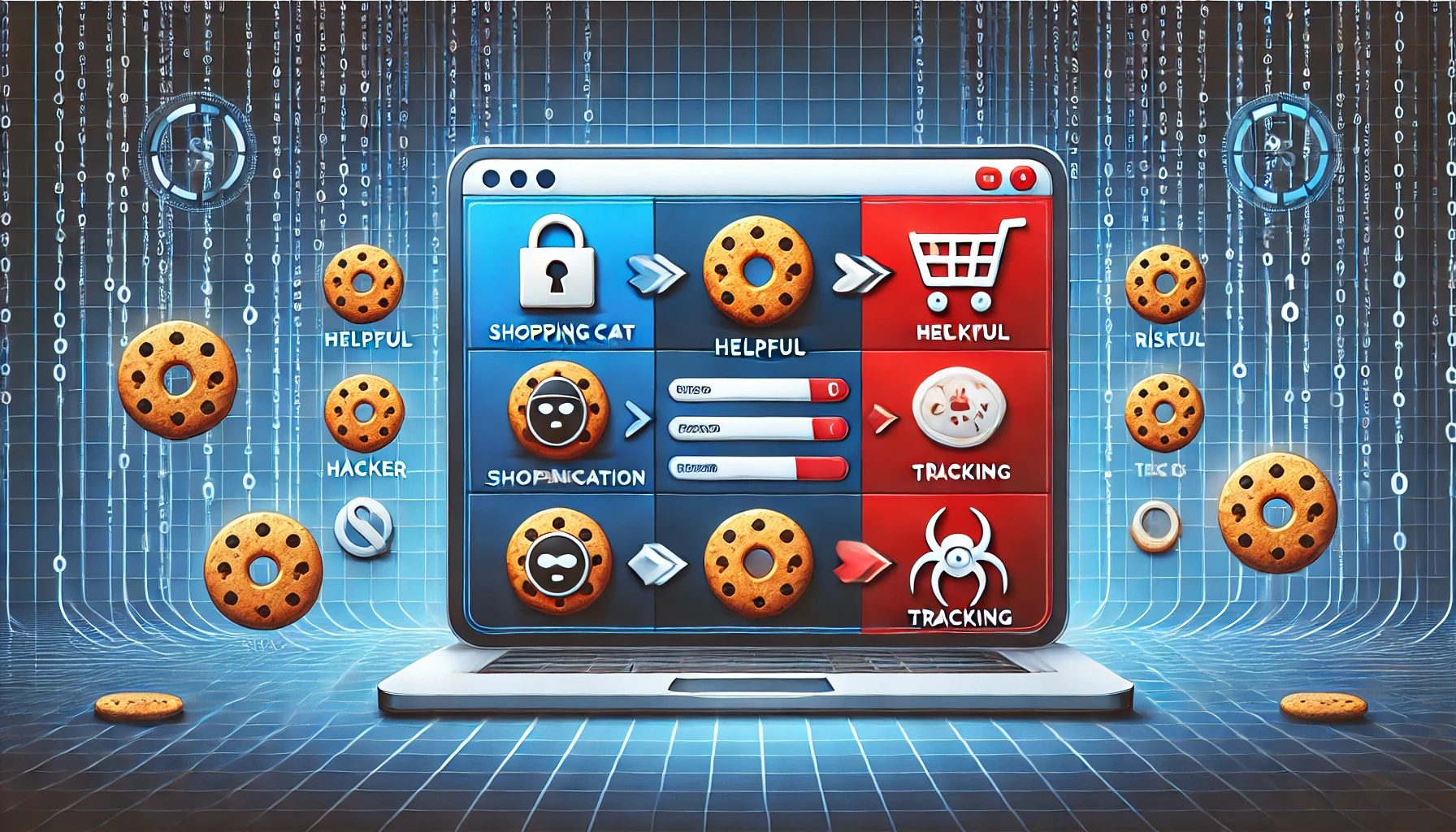Introduction
Imagine browsing the web and suddenly being greeted with ads for something you searched for earlier. Ever wondered how websites seem to “remember” you? The answer lies in computer cookies. These small files stored on your device play a vital role in enhancing user experience, but they also raise concerns about privacy and security. So, are computer cookies bad? Let’s dive into the details.
What Are Computer Cookies?
Understanding the Basics
Computer cookies, also known as HTTP cookies, are small pieces of data stored by websites on a user’s browser. They help websites remember information like login credentials, preferences, and shopping cart items.
Types of Cookies
Cookies come in different types, each serving a specific purpose:
- Session Cookies – Temporary cookies that disappear once you close your browser.
- Persistent Cookies – Stored on your device for a set period, helping websites recognize you upon return.
- Third-Party Cookies – Created by advertisers to track your online activity across multiple websites.
The Benefits of Computer Cookies
While cookies often get a bad reputation, they offer several advantages:
1. Enhanced User Experience
Cookies allow websites to store your preferences, such as language settings and theme choices, making future visits smoother and more personalized.
2. Seamless Online Shopping
Ever added items to a shopping cart only to return later and find them still there? That’s cookies at work, ensuring a convenient shopping experience.
3. Faster Website Loading
By storing some website data locally, cookies reduce the need for repeated downloads, leading to quicker page loads.
The Downsides of Computer Cookies
Despite their benefits, cookies pose several risks, particularly concerning privacy and security.
1. Privacy Concerns
Third-party cookies track your browsing habits across different sites, often without your explicit consent. This data is used for targeted advertising, which some users find intrusive.
2. Security Vulnerabilities
Cybercriminals can exploit cookies through session hijacking or cross-site scripting (XSS), potentially gaining access to personal information.
3. Storage Bloat and Performance Issues
Over time, accumulated cookies can slow down your browser, consuming storage space and leading to performance issues.
How to Manage Computer Cookies Effectively
If you’re concerned about privacy and security, there are ways to control cookies without sacrificing convenience.
1. Adjust Browser Settings
Most modern browsers allow users to:
- Block third-party cookies.
- Delete cookies automatically after each session.
- Set preferences for individual websites.
2. Use Private Browsing Mode
Incognito or private browsing modes prevent websites from storing cookies on your device.
3. Clear Cookies Regularly
Manually deleting cookies from your browser settings can help maintain security and prevent tracking.
4. Install Privacy-Focused Browser Extensions
Extensions like Privacy Badger or Ghostery help block trackers and manage cookies more effectively.
Are Computer Cookies Bad? The Verdict
Cookies are not inherently bad—they play a crucial role in enhancing user experience. However, they do pose privacy risks, especially when misused by advertisers or cybercriminals. The key is to use them wisely by managing settings, clearing unwanted cookies, and utilizing privacy tools.
Final Thoughts
Instead of fearing cookies, take control of them. Review your browser settings, stay informed about privacy practices, and browse securely. By doing so, you can enjoy the benefits of cookies while minimizing their risks.
Do you manage your cookies effectively? Share your thoughts in the comments below!

Caleb Carlson is a contributing writer at Computer Site Engineering, specializing in computer technology, software trends, and hardware innovations. His articles simplify complex tech topics, making them accessible to readers of all levels.





